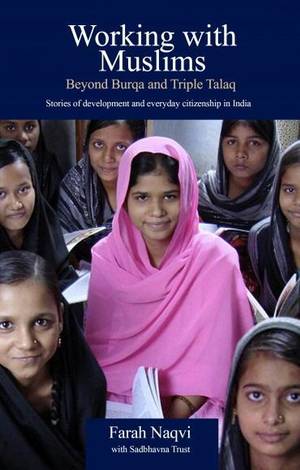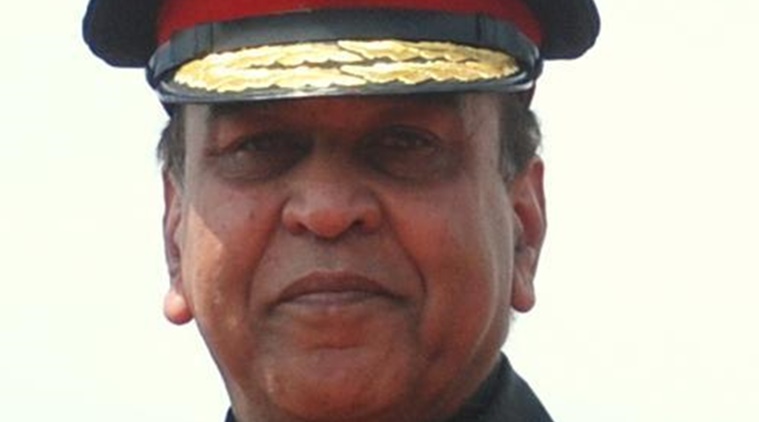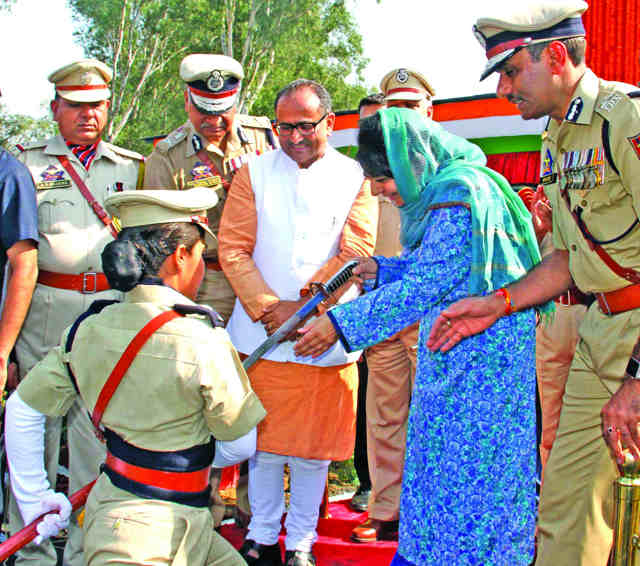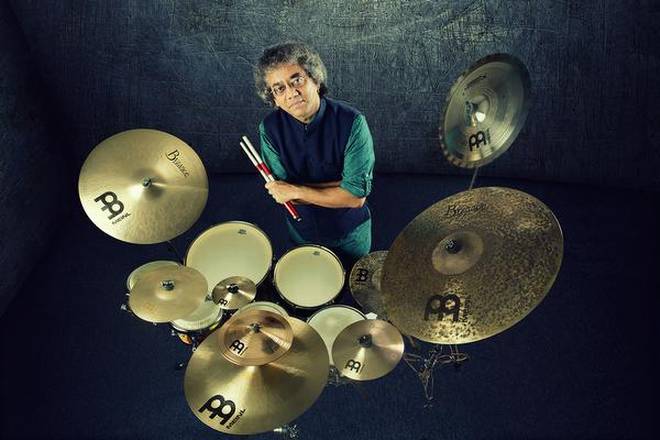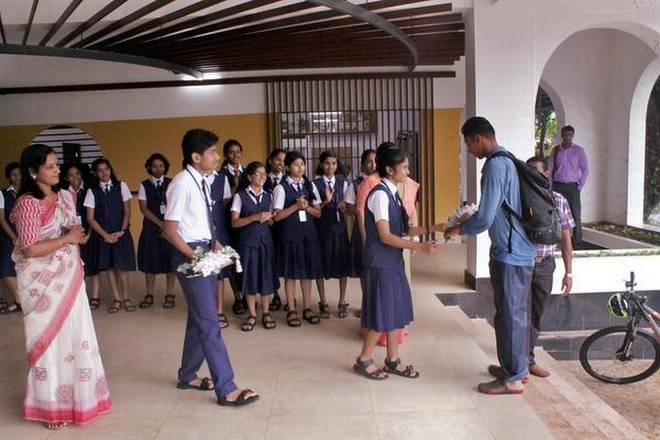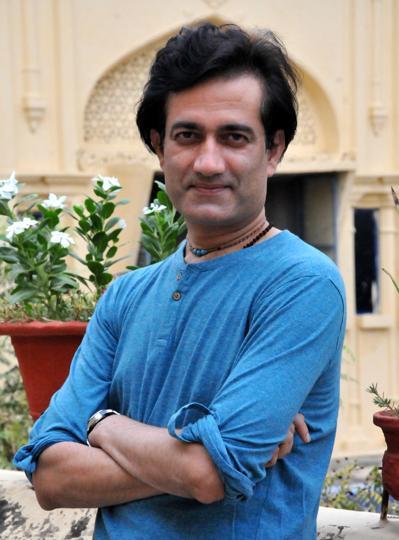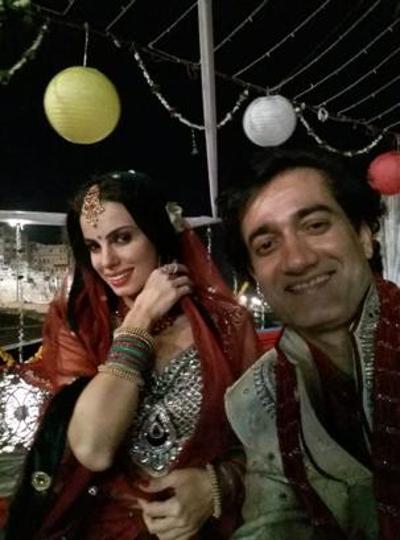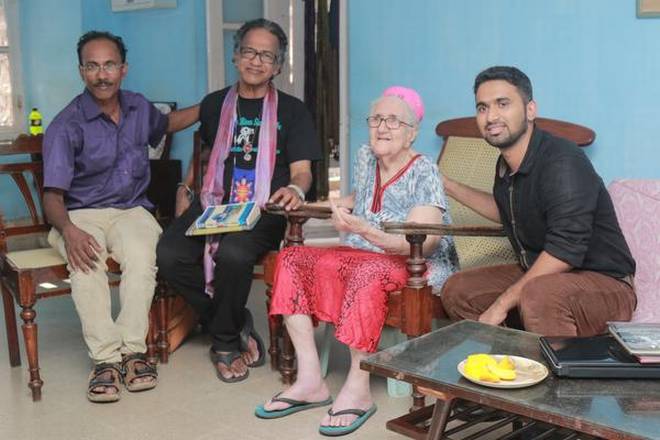NEW DELHI :
A look at the processes of social exclusion which have led to the economic, educational and political decline of Muslims
The urgency with which a batch of homologous petitions have been filed against halala and polygyny this year, and the media attention that instant talaq received last year, would make anyone think that these are big, and the only issues facing Indian Muslims.
The reality, however, is different. Instant talaq despite its atrociousness was never a major problem and its setting aside by the apex court had rendered halala too redundant. There is also no statistical evidence to show that polygyny is widely prevalent among Muslims.
Thankfully, Farah Naqvi’s latest book Working with Muslims: Beyond Burqa and Triple Talaq written in collaboration with the Sadhbhavna Trust makes a spirited attempt to pierce the veil of nescience shrouding real Muslim issues. It looks at the complex historical processes of social exclusion which contributed to the economic, educational and political decline of India’s single largest minority.
Comprehensive study
The book catalogues the findings of a seminal study conducted between 2011 and 2013 of 359 NGOs working with deprived Muslims in eight states and Mewat, a region that straddles Haryana and Rajasthan. Naqvi’s reasons for profiling these NGOs are perceptive. She points out that while Dalits and tribals were constitutionally defined as “development subjects” to overcome the historical discrimination that had affected their progress, Muslims were imagined as “cultural subjects” and constitutional commitments to them were restricted to protection of their religious freedom and personal law.
This allowed the state to absolve itself of responsibility towards Muslims and instead locate the blame in the “religious-community space” where the community is faulted for its own backwardness. It is no wonder that even years after the formation of the Ministry of Minority Affairs and release of the path-breaking Sachar Committee Report, government attitude hasn’t changed.
To prove her point, Naqvi cites Amitabh Kundu’s Post-Sachar Evaluation Committee report of 2014 which inter alia warned that government interventions were not big enough to address the huge deprivation of the Muslims and that implementation structures had not been designed to directly and effectively benefit the minorities.
Hence, says Naqvi, there was never a greater need for the NGO sector in India to take forward a long overdue engagement with the Muslim community especially its women who are invariably seen through the typical tropes of shariah and hijab and never as persons deserving education, health, employment and public representation.
In this context, her study explains the difficulty of addressing Muslim deprivation in terms of their religious identity. Naqvi writes that although NGOs do not discriminate against any community on the basis of religion they were very reluctant to talk about their work with the Muslims. Their fear was that they may come under the CBI scanner or their funds may get frozen.
Climate of fear
Some NGOs openly suspected the stated objectives of Naqvi’s study. They thought her research team was spying for the state and wanted to hide the fact that they were working with deprived Muslims. In other words, the NGOs were able to “walk the walk” but did not have the courage to talk.
Yet Naqvi and Sadbhavna Trust were able to locate 76 NGOs who primarily work with Muslims out of the 359 they mapped. The rest worked with other groups including Dalits, tribals and Muslims. Working with Muslims also contains 30 fascinating stories from across India of the great work done by dedicated NGOs for the Muslims in areas such as women’s rights, rehabilitation of sex workers, education, urban and rural development, child and disability rights, health, access to credit, and democratic participation.
Nonetheless, Naqvi decries the climate of fear under which the NGOs seem to be working for Muslims. She feels the prevalence of such fear amounts to denying that Muslims face a development deficit which polarises and isolates them selectively. Therefore, if a minority community is subjected to such treatment on the basis of its religious identity then that identity calls for secular recognition.
Naqvi’s earnest appeal deserves to be taken seriously because secularism cannot be used as a pretext to ignore discrimination on grounds only of religion or caste which is prohibited under Article 15 of our Constitution, or to violate the spirit of this Article by neglecting to make special provisions for the advancement of any socially and educationally backward classes of citizens. Canadian political philosopher Will Kymlicka in his book Multicultural Citizenship states that “a comprehensive theory of justice in a multicultural state will include both universal rights, assigned to individuals regardless of group membership, and certain group-differentiated rights or ‘special status’ for minority cultures.”
In this regard, Working with Muslims is a trailblazing contribution to the study of Muslim marginalisation in India. It not just encourages the Indian state to not let religion hinder affirmative action programmes for Muslims but serves as an invaluable source of information for those genuinely interested in knowing if Muslims have issues beyond polygyny, triple talaq and halala.
Working with Muslims: Beyond Burqa and Triple Talaq; Farah Naqvi, with Sadbhavna Trust, Three Essays Collective, ₹450.
source: http://www.thehindu.com / The Hindu / Home> Books> Review / by A. Faizur Rahman / July 14th, 2018
